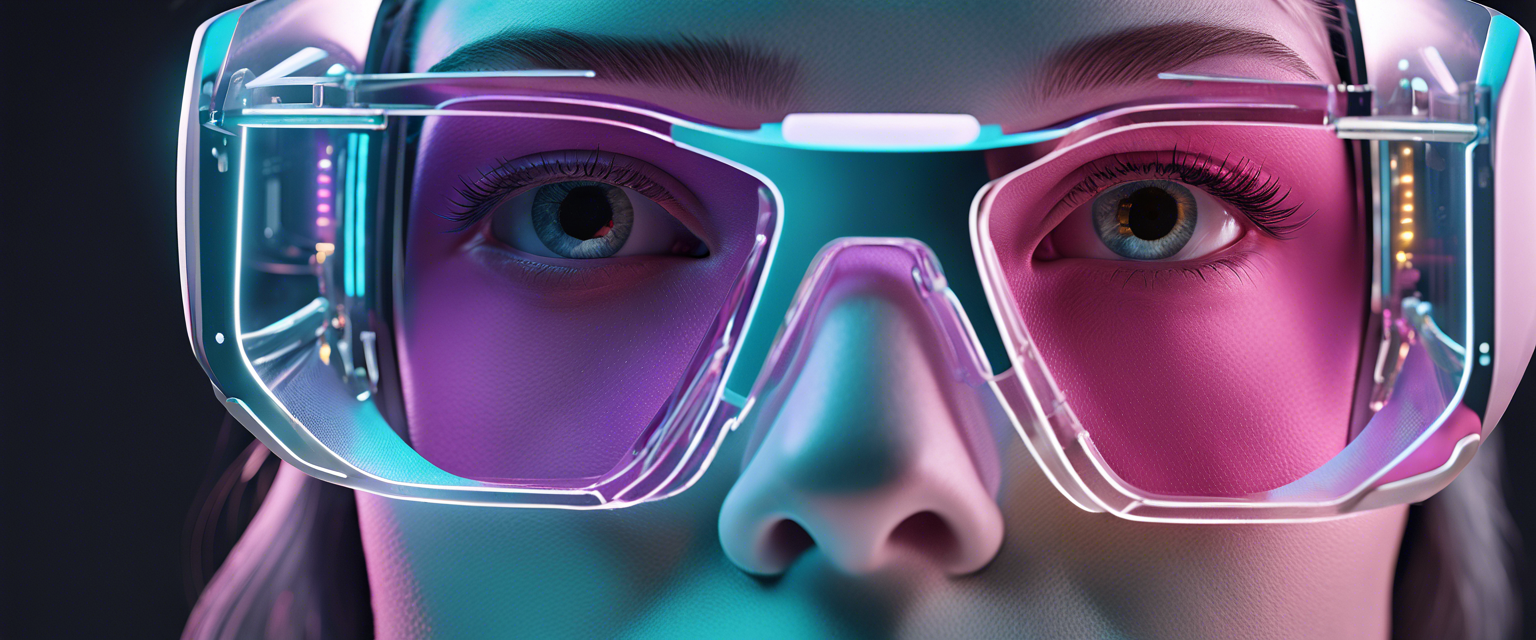Exploring Google's Latest AI Innovations: Project Astra and Project Mariner
At Google’s Mountain View campus, I stumbled upon a hidden chamber filled with remarkable programming and architecture texts. Behind a slightly askew bookshelf was a room showcasing iconic artworks, with lead product manager Bibo Xu from Google DeepMind discussing the latest advancements in artificial intelligence. Today, we delve into two of Google's groundbreaking AI projects: Project Astra and Project Mariner.
What is Project Astra?
Project Astra is Google’s prototype AI universal agent, a virtual assistant that surpasses traditional assistants like Siri or Alexa. First demoed at Google I/O earlier this year, Astra processes text, images, videos, and audio in real-time, creating a more interactive experience. It remembers user interactions and can respond contextually. Google recently expanded its testing program to include more users and even prototype glasses, although a public release date is still unknown.
Features of Project Astra
- Natural language processing for smoother conversations.
- Ability to recognize and understand various accents.
- Short-term memory for up to 10 minutes during sessions.
- Integration with several Google products, including Search, Lens, and Maps.
Unique Interactions with Art
During a demonstration, Astra showcased its knowledge of Edvard Munch's famous painting, The Scream. With enthusiasm, Astra shared insights about the multiple versions created between 1893 and 1910. This contextual awareness adds a unique layer to user interactions.
Introducing Project Mariner
Alongside Project Astra is Project Mariner, an AI agent designed to enhance browsing efficiency. Mariner functions through a Chrome extension, taking control of browsers to execute tasks on behalf of the user. Currently in early testing phases, it promises to alleviate mundane browsing tasks.
How Project Mariner Works
While I observed an employee using Mariner, it was evident that the AI could perform tasks like adding recipe ingredients to a grocery cart. However, it operates slowly, leaving users to watch as it completes one task at a time—highlighting its developmental limitations.
The Era of AI Agents
The excitement surrounding AI agents is palpable. According to Google CEO Sundar Pichai, agents like Astra and Mariner understand the world, think ahead, and act under user supervision. However, the unpredictability of AI systems poses challenges to mass market releases.
Challenges Facing AI Agents
- Inconsistencies in task performance.
- Vulnerability to command hijacking.
- Slower execution speeds during the testing period.
As Google navigates these hurdles, its commitment to refining these technologies continues, emphasizing the importance of user control and safety in their design.
Conclusion
While Project Astra and Project Mariner are still prototypes, they represent a significant leap toward more intelligent, responsive artificial agents. By infusing AI with creative insight and seamless task completion capabilities, Google is paving the way for the next generation of virtual assistants. As testing progresses, we may soon see these innovations reshape how we interact with technology.
For more insights on artificial intelligence and technology, check out our articles on The AI Revolution and The Future of Technology.



Zostaw komentarz
Wszystkie komentarze są moderowane przed opublikowaniem.
Ta strona jest chroniona przez hCaptcha i obowiązują na niej Polityka prywatności i Warunki korzystania z usługi serwisu hCaptcha.